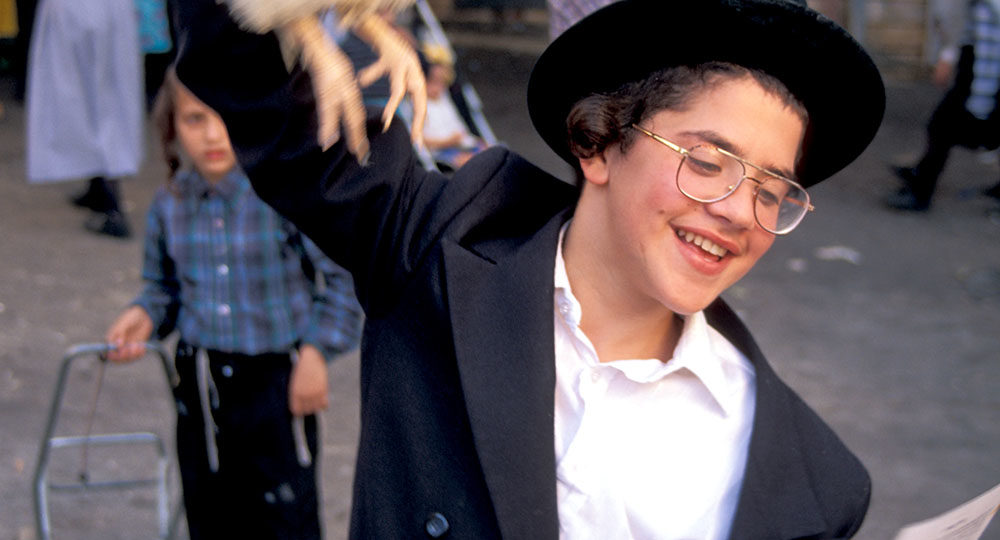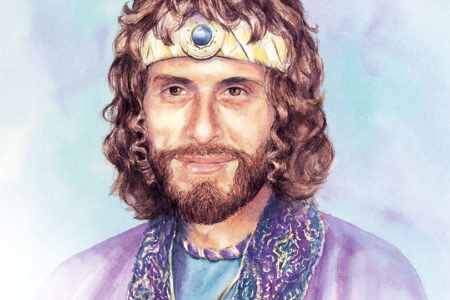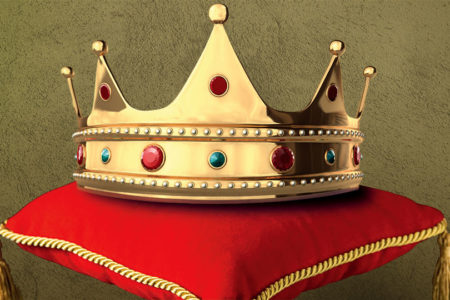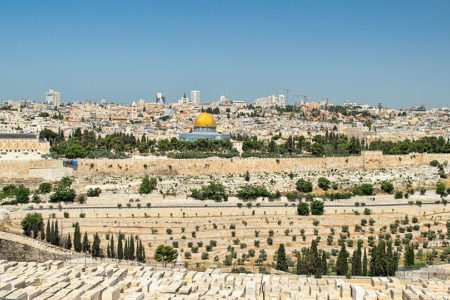The Most Sacred Day
The most sacred day in the Jewish High Holy Days observance is Yom Kippur. Held in the fall, it is the sixth of the seven observances recorded in Leviticus 23. The words Yom Kippur mean “day of covering, or atonement.”
Although many customs are associated with Yom Kippur, a 24-hour fast is probably the main feature. The rabbis say fasting makes one like the angels who do not require food so that God can see piety in action. This year Yom Kippur will begin at sunset on October 8.
Some traditional practicing Jewish men wear a kittel (long, white robe). It is meant to symbolize their innocence from sin and represent a burial shroud to remind all to repent before the day of one’s death.
A Yom Kippur ritual that started in the Middle Ages involves waving a chicken (or hen for a female) over the head of the repentant sinner. The chicken is then slain with a prayer that God will accept the blood as atonement for sin. The tradition, called schlug kapporas, is not widely practiced today. But many who live in the Orthodox section of Jerusalem, called Mea Shearim, practice it faithfully.
During the biblical period, Yom Kippur was viewed as an extraordinary occasion. First, it was a day of substitution. Perfect bullocks and goats were selected to die for sin in place of the individual and the nation (Lev. 16: 3, 5). This function prefigured what Jesus came to Earth to become: our substitute. “But God demonstrates His own love toward us, in that while we were still sinners, Christ [Messiah] died for us” (Rom. 5:8).
Second, Yom Kippur was a day of sacrifice. The animals were slain at the great altar, and the high priest sprinkled the blood on the Mercy Seat in the Temple’s Holy of Holies (Lev. 16:6, 15). Jesus was our Sacrifice, “in whom we have redemption through His blood, the forgiveness of sins” (Col. 1:14).
Finally, Yom Kippur was a day of the scapegoat. A goat was led from the camp to symbolize the carrying away of the people’s sins (Lev. 16:21–22). Like the scapegoat, Jesus, in His death and resurrection, removed the sin of the world: “The next day John saw Jesus coming toward him, and said, ‘Behold! The Lamb of God who takes away the sin of the world!’” (Jn. 1:29).
For the law, having a shadow of the good things to come, and not the very image of the things, can never with these same sacrifices, which they offer continually year by year, make those who approach perfect. For then would they not have ceased to be offered?…But in those sacrifices there is a reminder of sins every year. For it is not possible that the blood of bulls and goats could take away sins….He [God] takes away the first that He may establish the second. By that will we have been sanctified through the offering of the body of Jesus Christ once for all (Heb. 10:1–2, 4, 9–10).
Today anyone who comes to Jesus by faith and asks Him to remove their sin with His blood can receive God’s gift of eternal life: “For God so loved the world that He gave His only begotten Son, that whoever believes in Him should not perish but have everlasting life. For God did not send His Son into the world to condemn the world, but that the world through Him might be saved” (Jn. 3:16–17).







